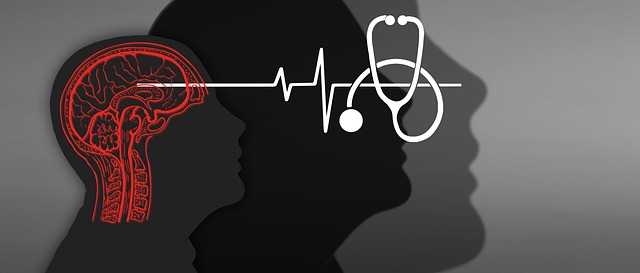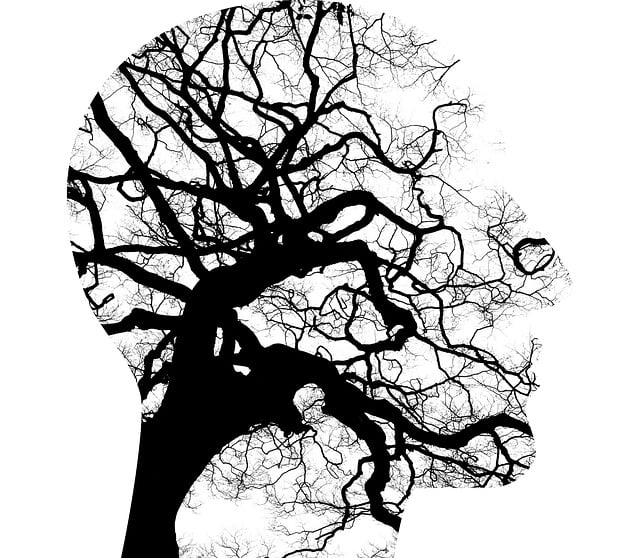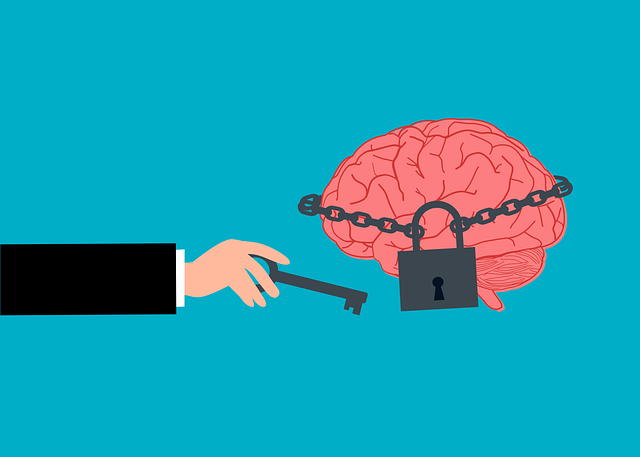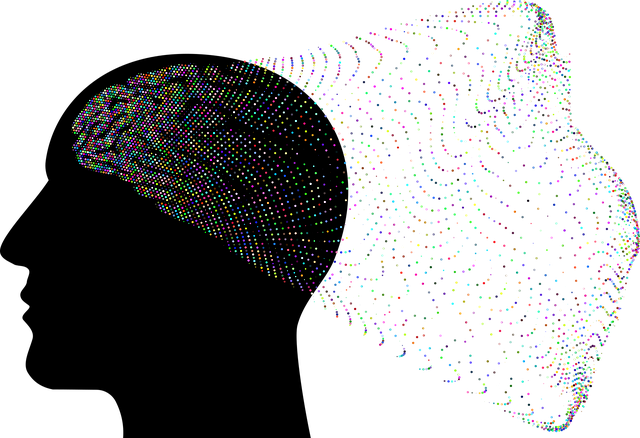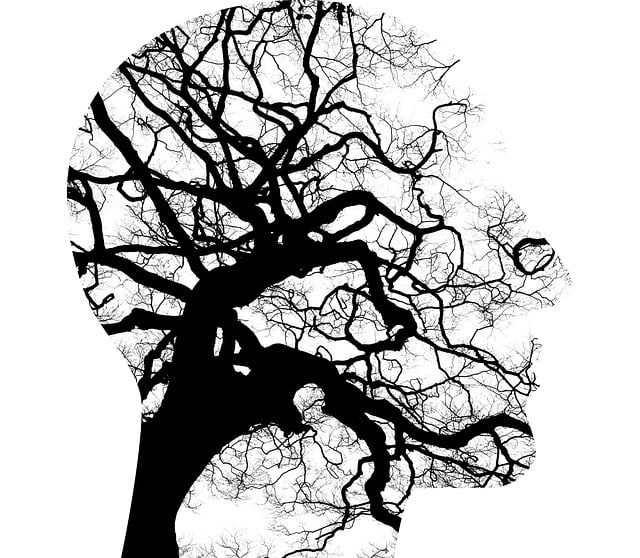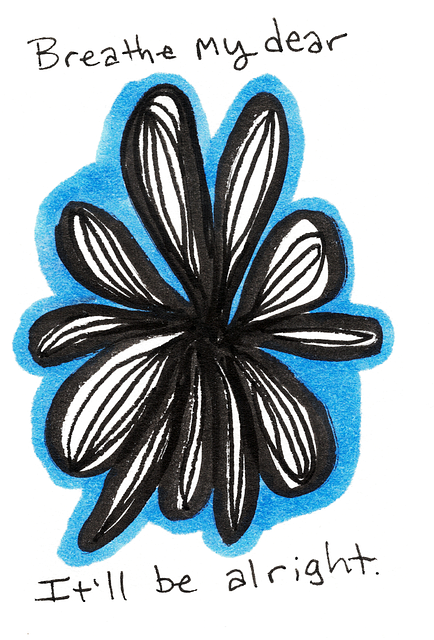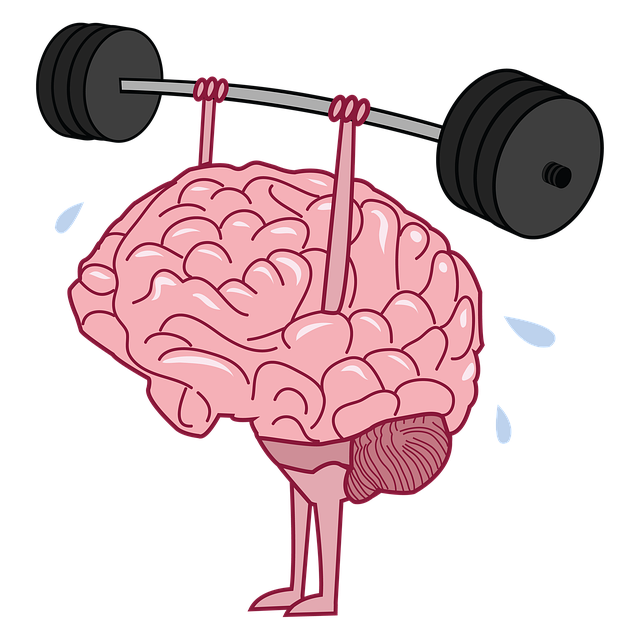The Therapy for Adults Cancer Issues utilizes the RFM model (Resources, Facilitations, Motivation) to empower survivors by identifying coping resources, managing stress, and promoting well-being. Through empathy-driven strategies, therapists build support networks fostering resilience and adaptation. Creative exercises like mindfulness meditation and virtual reality enhance coping mechanisms, with a Mental Wellness Podcast Series providing extra support. RFM programs offer a promising approach to improving cancer patients' inner strength and mental wellness, but require culturally sensitive tailoring and empathy building for successful implementation.
Resilience is a powerful tool in navigating the challenges of adult cancer survival. RFM (Resource, Fortitude, and Mastery) models have emerged as effective frameworks for building resilience among cancer survivors. This article delves into the world of RFM and its profound impact on enhancing therapeutic outcomes for adults facing cancer-related issues. We explore how tailored resilience-building exercises can be designed to support patients’ emotional well-being and coping mechanisms, ultimately fostering a sense of empowerment during their journey.
- Understanding RFM and Its Impact on Adult Cancer Survivors
- Designing Resilience-Building Exercises for Effective Therapy
- Implementing RFM Programs: Strategies for Success and Overcoming Challenges
Understanding RFM and Its Impact on Adult Cancer Survivors

For adult cancer survivors, navigating the aftermath of their diagnosis and treatment can be an immense challenge. This is where Resources, Facilitations, and Motivation (RFM) models come into play as powerful tools for resilience building. RFM focuses on understanding an individual’s resources—both internal and external—that aid in coping with cancer and its effects. It also identifies facilitators that enhance their ability to manage stress, mood, and other cancer-related issues, ultimately improving their overall well-being.
Implementing empathy-building strategies within the RFM framework is crucial for fostering support networks and enhancing social connections. Effective stress management techniques, alongside mood management skills, are integral components of this process. By integrating these strategies into therapy for adults with cancer issues, healthcare professionals can empower survivors to build resilience, adapt to changes, and lead more fulfilling lives post-treatment.
Designing Resilience-Building Exercises for Effective Therapy

Designing effective resilience-building exercises for therapy involves tailoring activities to address specific needs of adults facing cancer issues. These exercises should promote mental wellness and self-awareness, enhancing coping mechanisms and stress management skills. Therapists can incorporate creative approaches like mindfulness meditation, cognitive reframing techniques, and even virtual reality simulations to make sessions engaging and impactful.
By integrating these practices into a Mental Wellness Podcast Series Production, therapists can provide valuable resources for patients between sessions. Self-Awareness Exercises tailored to cancer survivors’ unique challenges can empower them to navigate their journey with resilience. Through regular practice, these exercises contribute to overall well-being, enabling individuals to better manage stress and maintain a positive outlook amidst adversity.
Implementing RFM Programs: Strategies for Success and Overcoming Challenges

Implementing RFM (Resilience, Fitness, and Mindfulness) programs offers a promising approach to enhancing the well-being of individuals facing cancer, particularly adults navigating this challenging journey. These programs are designed to build inner strength, promote resilience, and foster mindfulness—essential tools in managing stress, anxiety, and depression associated with cancer.
Overcoming challenges in RFM implementation requires a strategic approach that considers cultural sensitivity in mental healthcare practice. Tailoring exercises to diverse populations and incorporating empathy building strategies can enhance engagement and effectiveness. For instance, recognizing cultural beliefs and practices influences how individuals cope with illness can help mental health professionals adapt therapy for adults with cancer issues, ensuring culturally responsive care. By addressing these aspects, RFM programs have the potential to revolutionize support systems for cancer patients, empowering them to cultivate resilience and maintain a sense of balance throughout their treatment and recovery journeys.
Resilience is a powerful tool in the therapy arsenal for adults facing cancer issues. By combining RFM (Recovery, Flourishing, and Mastery) principles with tailored resilience-building exercises, therapists can significantly enhance the coping abilities of cancer survivors. Implementing RFM programs requires careful design and strategic planning to address potential challenges. With the right approach, these initiatives can foster a sense of control, improve mental health, and ultimately revolutionize the support available to adult cancer patients on their journey to recovery and beyond.
